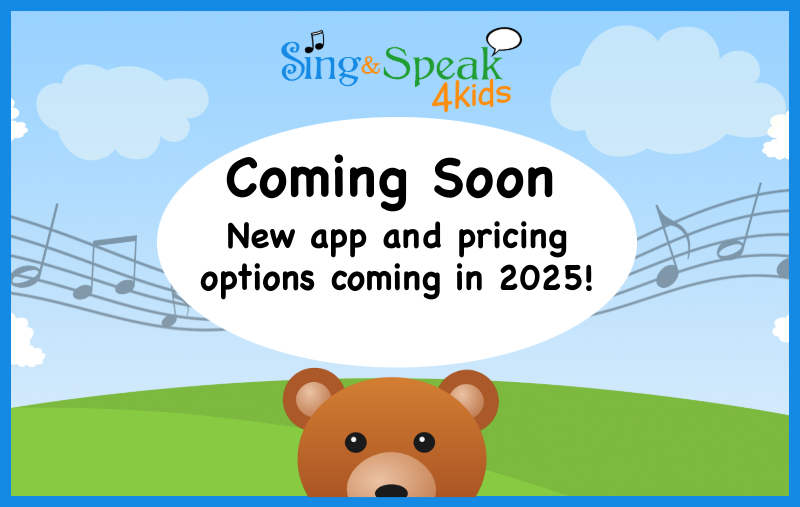Early intervention, or receiving services like speech and occupational therapy before age 3, has been linked to greater improvements in early skill mastery and later abilities. The earlier children can receive assessment, support for areas of difficulty, and progress monitoring, the better their outcomes will be—especially in language. As speech language pathologist Lauren Lowry explains in her article for Special Needs Project, research shows kids whose first words occur before age 2 tend to have the strongest cognitive and linguistic skills when they are older. However, considerable gains are also possible until 6 years old with intervention; linguistic development doesn’t stop after that, but it levels off to a steady rate. That’s why the jump start that early intervention provides is so important!
If you have concerns about your child’s language, these are steps Lowry recommends:
- Contact an SLP to have your child evaluated rather than holding off to see if communication issues resolve on their own. Early diagnosis and treatment make a big difference.
- Document as much as you can about your child’s skills and progress. Include both verbal and non-verbal behaviors like gesturing and playing with sounds. Information about home language use will help the SLP with the evaluation process.
- Focus on pre-linguistic skills that support linguistic development like joint attention, imitation, and toy play.
The earlier a child receives support the better their outcomes are likely to be.



